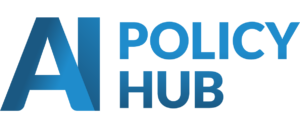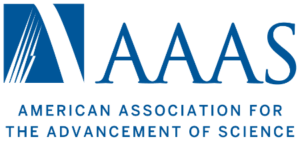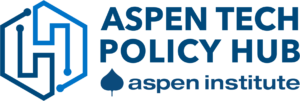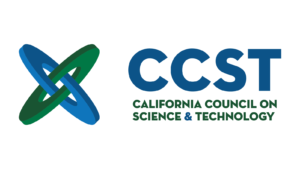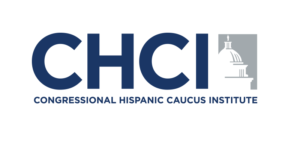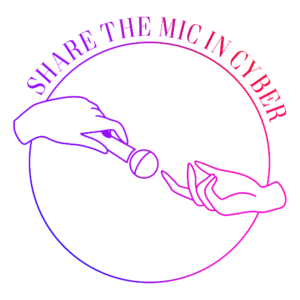Are you interested in gaining experience in tech policy? Want to apply your skills to support responsible development and use of emerging technologies? Interested in working on tech policy challenges in industry, government, academia, or civil society?
We’ve curated a non-exhaustive list of tech policy opportunities for you!
Did we miss an opportunity? Please send opportunities to CITRIS Policy Lab Director, Brandie Nonnecke (nonnecke@berkeley.edu), to be posted on this webpage.



